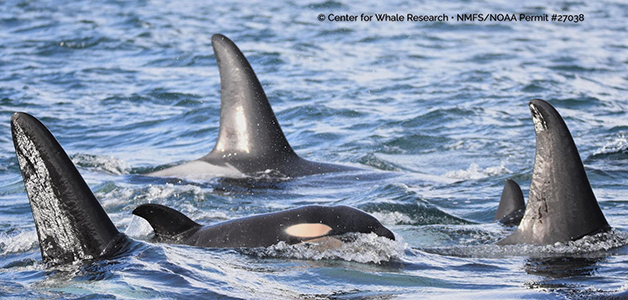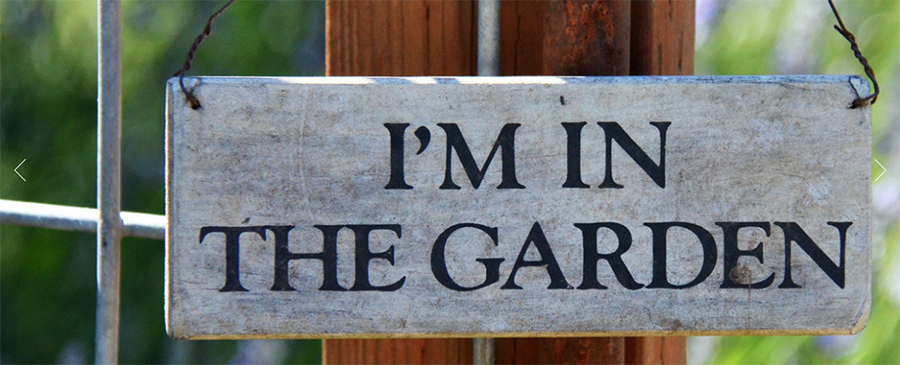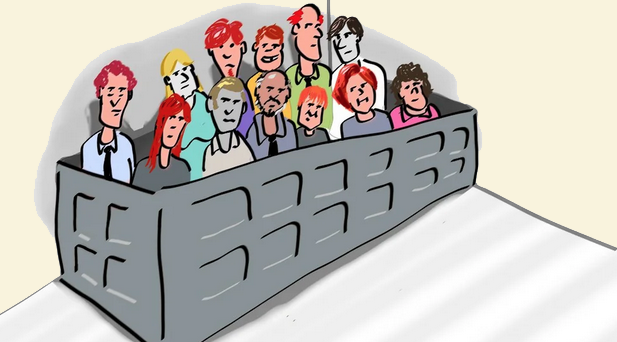||| FROM WILLIAM APPEL |||
There has been much discussion about tourism, overpopulation, exhaustion or abuse of natural resources in the San Juan Islands ranging from anguish at environmental degradation and changes imposed by crowding, noise, and destruction of community on the one hand, and anger expressed toward perceived causes such as new people, always excepting ourselves, on the other.
How we see ourselves blinds us to what is really going on. We arrive, accepting what we find, relieved at escaping the social and environmental disorder we leave behind. But we are blind to what we bring with us: our personal contribution to social and environmental disorder. Who sees what we are blind to? The people who got here before you, of course. They have the same “last man in the lifeboat syndrome,” the desire to keep things rural and lushly green that you succumbed to when you arrived, however long ago.
Which introduces another of our peculiarities: the ranking people by how long they’ve been here. The first person who arrives after us (unless part of our circle) is an interloper. Tourists remain on the lowest rung of the “nativeness” ladder: the acceptance level you started at. Each new arrival is either a disturber of the peace and environment, and/or a business opportunity. While many stay for lifetimes, death only confirms the transience of their stay. The rest cycle through after being here for various lengths of time.
So, it would be fair to say that we are all visitors believing we are the permanent masters of our environment which itself is subject to the immutable laws of nature. We fantasize our rights of legal ownership including rights to use and abuse while excluding others from “our” property created by social contracts that we characterize as “legal.” Since we are mortal, beware what we set in motion. In the span of time in which shifting natural forces operate, even the “use and abuse” portions of property law will prove to be less fixed than the laws of physics as the need to adjust our behavior becomes more apparent.
Whatever our beliefs, we are visitors. How should visitors treat their host? Whether tourist or self-styled long-timer, the answer is the same.
**If you are reading theOrcasonian for free, thank your fellow islanders. If you would like to support theOrcasonian CLICK HERE to set your modestly-priced, voluntary subscription. Otherwise, no worries; we’re happy to share with you.**









Bill Appel – I applaud your observation that we are all visitors to the island and the planet in some sense but I am confused by what you propose. Your statement:
“We fantasize our rights of legal ownership including rights to use and abuse while excluding others from “our” property created by social contracts that we characterize as “legal.”
Are you proposing that we should do away with private ownership of land? And replace it with WHAT exactly?
Well reasoned and thoughtful. Thank you, William.
Thanks Bill for blowing away the smoke and getting down to the cause of the fire. You wrote: “In the span of time in which shifting natural forces operate, even the “use and abuse” portions of property law will prove to be less fixed than the laws of physics as the need to adjust our behavior becomes more apparent.” Yes, property law, and water law, and surely other “laws” that were based on a stable environment will change to conform to the consequences of those fixed laws of physics and biology that we don’t want to face, now. We shall face them later, and there is no one I know who thinks that process will be pretty. Bite the bullet now or bite the RPG later. We are fouling our nest and we are already living in it while forcing other species to die off. Rather dumb, don’t you think?
Hello, Ken, thanks for your question.
We think that property rights are “real estate,” but if you think about it, they aren’t. They’re personal rights attached to a piece of land designated by real estate description. Those rights are what you can do with that designated piece of land, which include rights to use, sell, rent, and pass on by will. While these rights once included the right to pollute, to flood, to pave over aquifers, to cause damage to neighbors’ health and welfare, they are being steadily restricted, as they must be over time, both to protect our neighbors (who now crowd around us), and to limit our cumulative damage to the environment including the flora, fauna, and soil condition and stability whose continued balance we rely on for not only our health, welfare, and emotional well-being but in the San Juans, for our economy.
So yes, “property rights” will undergo change over time as they must.
Thanks Bill for your comments. Ongoing are the challenging decisions as folks deal with ongoing confusion about what creates financial safety & acceptable changes vs ongoing less safe & risky. Hope all’s well on SJI & we’re fine here in Deer Hbr hoping to do the best for us & Waldron folks still OK with parking space, Hopefully all folks can become aware that space goes down & prices go up.
Bill – Thank you for your thoughtful response to my query. I agree with your conclusion that “property rights” will undoubtedly change over time. How they might change in the foreseeable future is debatable.
Personally, I see the ownership of land in a Wendell Berry sense of stewardship and mutual responsibility. I also see that the United States was, and continues to be, the great experiment in individualism. No small part of which entails the private ownership of land. My own ancestors came from Herefordshire on the premise that in America you could own your own land. That promise of the possibility of owning their own land was and is, synonymous with freedom and the “American Dream”. While I agree that ecologically we must become more responsible at every level, including in our own back yards, I simply do not see a viable alternative to the present system of laws governing land.
If you are proposing collective/governmental ownership of all land as a solution, I have to say I think you are spitting into a hurricane. I DO think that there may be room for the concept of the Commons to gain ground in America but we are a long, long way from embracing that concept at the present.
I’m not proposing anything new. I’m only saying that existing regulations will be expanded to account for changes in land use, and new understanding of the unique aspects of flora, fauna , and soil condition of each parcel of land. This is already the case in the regulation in many places of watersheds and drainage areas, and the effects of development on fish and water quality. We are still learning about what land is and does, and the parts that plants and creatures play in the resulting combination. Generally, when land se destroys an existing balance, there are negative effects which accumulate over time to the detriment of not only the living participants in that system, but also the health and welfare of humans. The term “health and welfare” is the basis for regulations which are imposed wholly independently of any effect on title or ownership. No “commons” concept needs to be added, because it’s already there. I’m not proposing anything new. What I m saying is that what is developing will, of necessity continue. It will affect the use of land, but not affect ts legal ownership.
I wish we cared for the earth itself as much as people care for “property.” It does not help us or the earth to be indifferent to what trees get cut down in Eastsound, for example. We will all be harmed by that.
It would seem that incentivizing people to do the right thing – ie living by example and showing people why it’s a good idea to take care of land and water, and what people would “get” out of it, would be more effective than mandating it. – which just breeds resentment, pushback, and the people who have the money to fight restrictions or buy politicians and enrich lawyers, will do so.
So then the question becomes what to do and how to address speculative greed, “Investors” who profit from “property.” There has to be regulations to protect land from ecocidal greeed. Rights of Nature is long overdue – Ecological rights – since the only way ecosystems can “protest” what’s being done to them are things like erosion, flooding, etc.
We dance all around the idea that this is a “class” thing and people won’t call it what it is, but it is- or else 1 or 2% of the population wouldn’t have more than the bottom 98%.That doesn’t mean that “all rich people are bad.” It s simple, really – one law fits all and fines and no loopholes.The problem is, people that are extremely wealthy think nothing of paying a puny fine to do what they want with their property.
As long as people can buy politicians and bribe or threaten them to water-down environmental protective regulations, and continue to suffer no consequences, there will always be people who will push the envelope and not care what they do to anyone or anything down-slope. You can’t legislate unselfishness or thinking for the good of the Commons – not until we stop having class hierarchy that makes it impossible to protect biomes and the kind of education that is spiritually based, that teaches us all to see the parts as inter-related with, and inseparable from the Whole – regardless of manmade “boundary lines.” The Lummi and other Co-Salish peoples understood this inherently – and their cultural customs supported it – simple things like start the morning with gratitude for all this living abundance we get to witness and share in – so long as we take care of it and don’t take more than we need.
I’m with Pegeen in wishing people cared for the earth more than “property” -Ownership comes with inherent responsibilities to what is owned, IMO – IF one is following some kind of Natural Law inherent in living close to nature.. But that’s not something you can really mandate or demand. Especially not with settler colonization mentality.